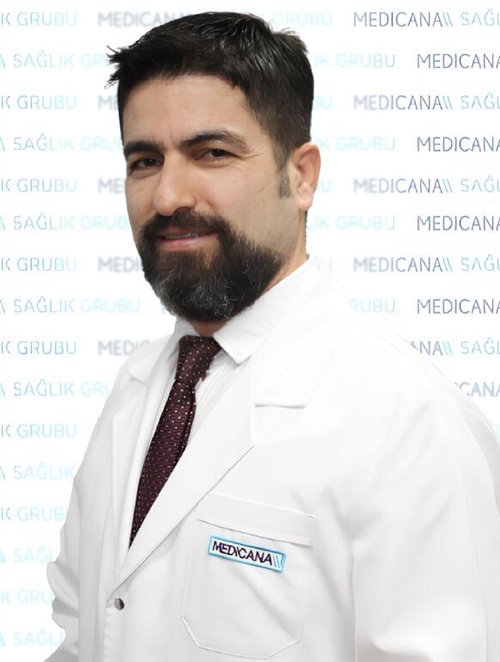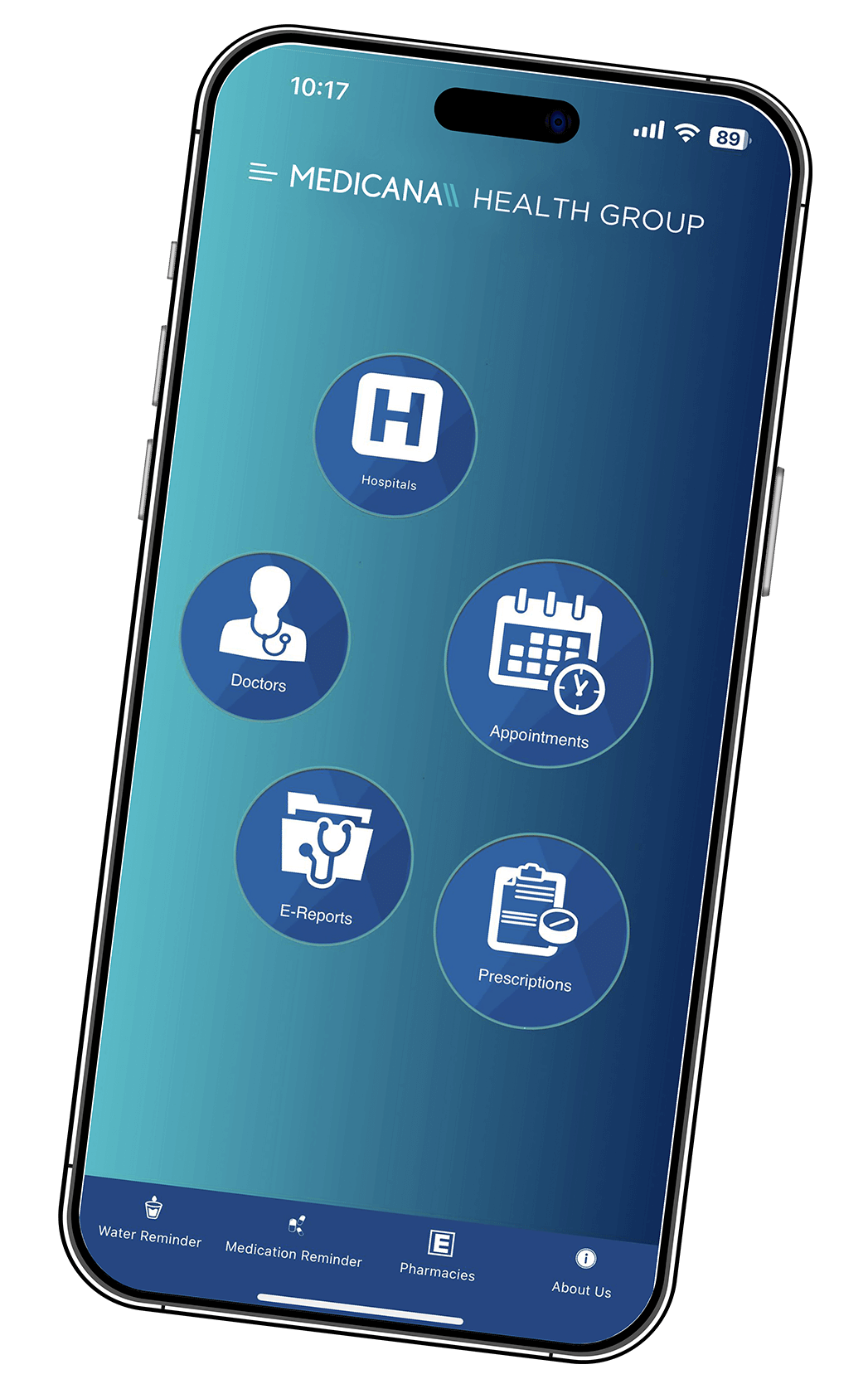Adrenal Gland Tumor

- Table Of Contents
- What are the Symptoms of Pheochromocytoma?
- What are the Causes of Pheochromocytoma?
- What is the Role of Hormones?
- What are Tumors Related to Pheochromocytoma?
- What are the Risk Factors?
- What are the Complications of Pheochromocytoma?
- Why is the Diagnosis of Pheochromocytoma Important?
- What is the Treatment of Pheochromocytoma?
If you're diagnosed with pheochromocytoma, the tumor secretes hormones that may lead to elevated blood pressure, headaches, excessive sweating, and symptoms resembling panic attacks. If pheochromocytoma is not treated, severe or life-threatening damage to other body systems can occur.
Pheochromocytomas are most commonly identified in individuals aged 20 to 50, but the tumor can manifest at any age.Pheochromocytoma surgery usually returns blood pressure to normal.
What are the Symptoms of Pheochromocytoma?
Signs and symptoms of pheochromocytomas usually include:
- High blood pressure,
- Headaches,
- Heavy sweating,
- Rapid heartbeat,
- Tremors,
- Paleness of the face,
- Shortness of breath,
- Panic attack-type symptoms.
Less common signs or symptoms may include:
- Anxiety or a sense of doom,
- Constipation,
- Weight loss.
The aforementioned symptoms can be constant, sporadic, or become more severe over time. Specific activities or conditions may exacerbate these symptoms, including:
- Physical effort,
- Anxiety or stress,
- Changes in body position,
- Labor and delivery,
- Surgery and anesthesia.
Foods high in tyramine, which affects blood pressure, can also worsen symptoms. Tyramine is common in fermented, soaked, pickled, cured, and ripened foods. These foods include:
- Cheese,
- Beer and wine,
- Chocolate,
- Dried or smoked meats.
Certain drugs have the potential to exacerbate symptoms, including:
Monoamine oxidase inhibitors (MAOIs) like phenelzine (Nardil), tranylcypromine (Parnate), and isocarboxazid (Marplan), in addition to specific cardiac rhythm management medications and antihypertensives (such as the beta-blockers metoprolol and propranolol), which may intensify the symptoms.
Stimulants such as amphetamine or cocaine.
What are the Causes of Pheochromocytoma?
The exact cause of pheochromocytoma remains unclear to scientists. This tumor originates from specialized cells known as chromaffin cells, which are found in the adrenal gland's core. These cells produce specific hormones, mainly adrenaline (epinephrine) and noradrenaline (norepinephrine), that regulate various bodily functions including heart rate, blood pressure, and glucose levels.
What is the Role of Hormones?
Adrenaline and noradrenaline activate the body's fight-or-flight response when facing a potential danger. These hormones increase your blood pressure and accelerate your heartbeat. They also prime other bodily systems for rapid response. A pheochromocytoma leads to an excessive release of these hormones, even in the absence of any real threat.
What are Tumors Related to Pheochromocytoma?
While most chromaffin cells are found in the adrenal glands, small clusters are found throughout the heart, head, neck, bladder, posterior abdominal wall, and spine. Pheochromocytomas that develop in these areas are called Paraganglioma; this is a chromaffin cell tumor in the tumor that can cause the same effects on the body.
What are the Risk Factors?
Individuals with specific rare genetic disorders are at a higher risk for developing pheochromocytoma or paraganglioma. Tumors linked to these conditions tend to have a higher likelihood of being malignant. These genetic syndromes include:
Multiple endocrine neoplasia, type 2 (MEN 2), a condition that leads to the formation of tumors in various parts of the body's hormone-secreting endocrine system. This syndrome may also cause tumors in the thyroid, parathyroid, lips, tongue, and gastrointestinal tract.
Von Hippel-Lindau disease, which is associated with tumor development in several areas, such as the central nervous system, endocrine system, pancreas, and kidneys.
Neurofibromatosis 1 (NF1), a condition that results in the growth of multiple skin tumors (neurofibromas), pigmented skin lesions, and tumors of the optic nerve.
Hereditary paraganglioma syndromes, genetic conditions that lead to the occurrence of pheochromocytomas or paragangliomas.
What are the Complications of Pheochromocytoma?
Elevated blood pressure can harm various organs, particularly affecting the cardiovascular system, brain, and kidneys. This harm can lead to several severe conditions, including:
- Heart diseases (rhythm disorder, palpitations, heart failure),
- Stroke (brain hemorrhage),
- Renal insufficiency,
- Problems with the nerves of the eye (intraocular bleeding),
- Cancerous tumors,
- Tupture of significant vessels.
In rare cases, pheochromocytoma turns out to be malignant, with cancerous cells metastasizing to other parts of the body. The spread of cancerous cells from pheochromocytoma or paraganglioma typically occurs to the lymphatic system, bones, liver, or lungs.
When to See a Doctor?
While elevated blood pressure is a key indicator of pheochromocytoma, the majority of individuals with high blood pressure do not have an adrenal gland tumor. If you experience any of the following, it's important to consult your doctor:
- Challenges in managing high blood pressure with existing treatments,
- Intermittent worsening of high blood pressure,
- Family history of pheochromocytoma,
- A family history of a related genetic condition, such as multiple endocrine neoplasia type 2, von Hippel-Lindau disease, hereditary paraganglioma, or neurofibromatosis 1,
- Those with signs and symptoms of pheochromocytoma (hyperadrenergic attacks),
- Resistant hypertension,
- Very high blood pressure during anesthesia, intubation, surgery, pregnancy, angiography,
- Hypertension at a young age,
Why is the Diagnosis of Pheochromocytoma Important?
Diagnosis of pheochromocytoma is essential because:
- On average, 10% of it is cancerous,
- It may lead to a potentially fatal hypertensive crisis,
- Cure can be achieved with surgical resection of the tumor.
What is the Treatment of Pheochromocytoma?
The primary treatment in pheochromocytoma is surgical removal of the tumor. Most tumors are benign and can be removed.

- Assoc. Prof.
- Feyzi GÖKOSMANOĞLU, MD
- Endocrinology and Metabolic Diseases
- Medicana International Samsun
- Visit Profile








